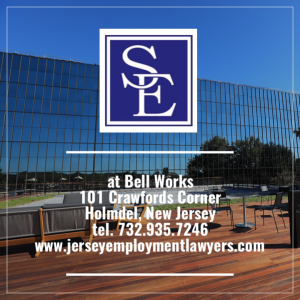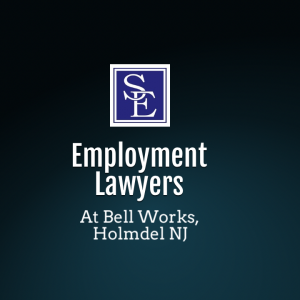It is not uncommon for states or municipalities to require local residency for public employment. Proponents of residency requirements feel that they benefit the community because residents are more likely to have a strong commitment to the community, to pay local taxes, attend local schools and participate in community activities. Critics of residency requirements often argue that removing the choice of where to live imposes too great a burden on the employee and his or her family. Residency requirements have been litigated in our courts all over the country. The United States Supreme Court has upheld the constitutionality of residency requirements in general, finding that they are not per se irrational.
 In New Jersey, since September 1, 2011, the “New Jersey First Act”, signed into law by former Governor Chris Christie, has required most public employees working for the state, or one of its counties or municipalities, to live in New Jersey. That requirement has applied to employees of public agencies, commissions, public colleges and universities, and all school boards, among others to reside in the State of New Jersey unless otherwise exempted under the law. Exemptions were to be granted only when a worker could prove a “critical need or hardship.” Those who claimed qualification for the exemption had to present their case to New Jersey’s Employee Residency Review Committee and hope they were granted leave to live outside the state. As adopted by the Civil Service Commission, failure to comply with the State’s regulations on residence standards required the employee’s immediate suspension as “unfit for duty”.
In New Jersey, since September 1, 2011, the “New Jersey First Act”, signed into law by former Governor Chris Christie, has required most public employees working for the state, or one of its counties or municipalities, to live in New Jersey. That requirement has applied to employees of public agencies, commissions, public colleges and universities, and all school boards, among others to reside in the State of New Jersey unless otherwise exempted under the law. Exemptions were to be granted only when a worker could prove a “critical need or hardship.” Those who claimed qualification for the exemption had to present their case to New Jersey’s Employee Residency Review Committee and hope they were granted leave to live outside the state. As adopted by the Civil Service Commission, failure to comply with the State’s regulations on residence standards required the employee’s immediate suspension as “unfit for duty”.
An analysis by NJ Advance Media several years ago showed that in practice, the Employee Residency Review Committee has typically granted requests for exemptions to workers who can prove financial hardship or health concerns or who can submit proof that they are a “critical” employee who would be difficult to replace if they quit as a result of the residency requirement. Since its enactment, the Committee has granted exemptions to approximately 80% of applicants, with reasons ranging from child custody agreements to the inability to pay New Jersey’s high property taxes, to debilitating family illnesses. Other applicants have been granted permission to live outside the state simply by presenting a letter from their employer stating that they are “critical” to their work for the state.
 New Jersey Employment Lawyers Blog
New Jersey Employment Lawyers Blog


